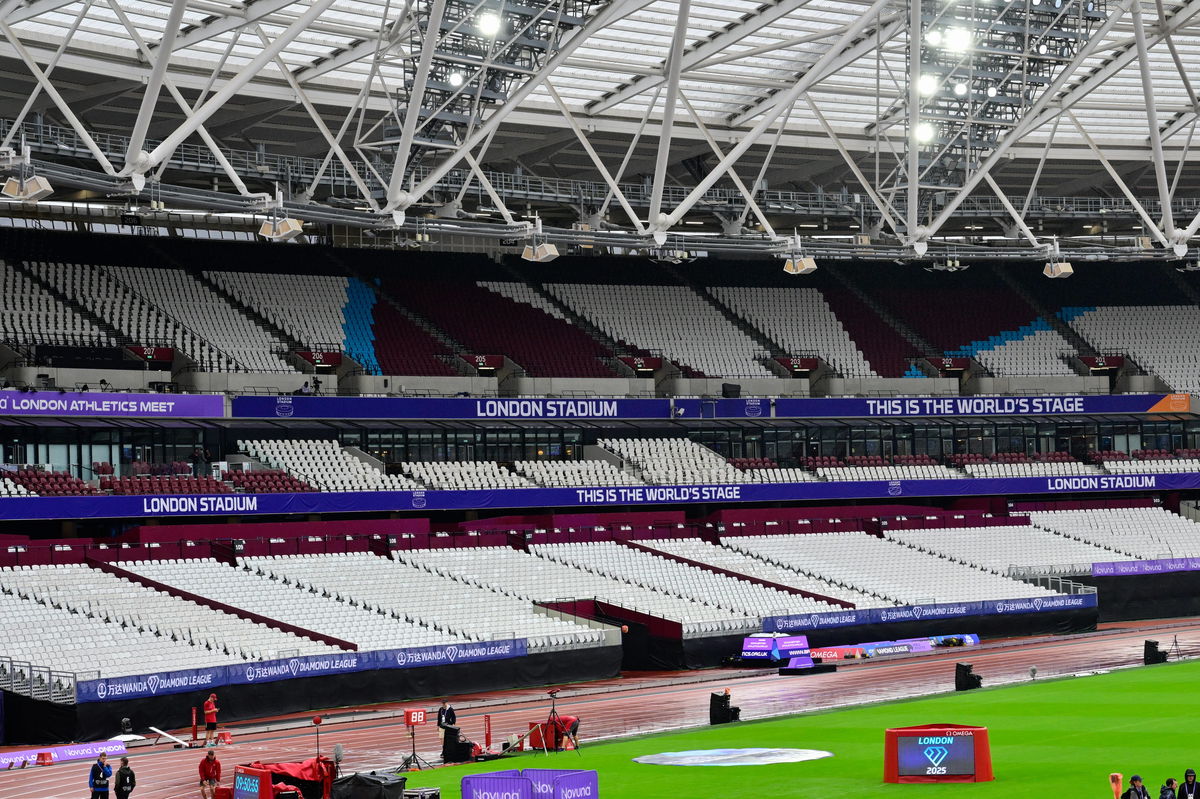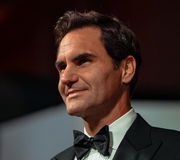
Imago
London Diamond League Athletics, London, UK – 19 July 2025 A general view of the stadium before the Diamond League Athletics meeting at The London Stadium, London on 19 July 2025 London London Stadium London England Copyright: xAlanxStanford/PPAUKx PPA-198188

Imago
London Diamond League Athletics, London, UK – 19 July 2025 A general view of the stadium before the Diamond League Athletics meeting at The London Stadium, London on 19 July 2025 London London Stadium London England Copyright: xAlanxStanford/PPAUKx PPA-198188
The buzz around this year’s London Diamond League was electric, and in the US track and field camp, it came with mixed emotions. Noah Lyles was finally stepping onto the track for his first 100m race of the season. Fans packed the London Stadium, eager to see the Olympic champion sprint for the first time since that golden August night in Paris when he claimed Olympic glory at Stade de France. But while Lyles’ return to the 100m was the headline act, there was a different, more reflective mood earlier in the day, one that didn’t bring smiles to everyone in red, white, and blue…
Watch What’s Trending Now!
On July 18, it was a moment nearly three decades in the making. Under the cloudy sky at the Novuna London Athletics Meet, Britain’s men’s 4x400m relay team from the 1997 World Athletics Championships finally stood atop the podium — not on the track in Athens, but in front of a home crowd that gave them the ovation they had long deserved.
Roger Black, Iwan Thomas, Jamie Baulch, Mark Richardson, and Mark Hylton (who ran in the heats) were awarded their long-overdue gold medals by World Athletics President Seb Coe in an emotional ceremony. Back in 1997, the British squad had crossed the line second behind a formidable USA team. But years later, revelations of an anti-doping violation by American runner Antonio Pettigrew led to the disqualification of the USA — and with it, a reordering of history. Now, 27 years on, Britain’s relay heroes are officially World Champions. And to be the champion, the British team finished the event in 2:56.65 minutes on that day in 1997. It was that season’s best timing.
ADVERTISEMENT
Pretty surreal and amazing moment at the London Diamond League.
Following the disqualification of the US men’s 4x400m at the 1997 World Championships in Athens, GB were upgraded to the gold medal.
Roger Black, Iwan Thomas, Jamie Baulch, Mark Richardson and Mark Hylton have… pic.twitter.com/4bMpzFv6Em
— Tim Adams (@TimAdams76) July 19, 2025
On the other hand, the runner-up Jamaican team, consisting of Michael McDonald, Gregory Haughton, Danny McFarlane, and Davian Clarke, crossed the finishing line in 2:56.75 minutes, setting the national record. But the world championship medal is not the only title the US track and field team has lost because of Antonio Pettigrew’s offense.
ADVERTISEMENT
The US track and field team had to pay a heavy price for the blunder
Three years after Antonio Pettigrew had stood atop the podium at the 2000 Sydney Olympics, celebrating 4x400m relay gold alongside Michael Johnson, teammates Alvin and Calvin Harrison, and Jerome Young. But the glory didn’t last. Years later, in a courtroom rather than on the track, Pettigrew admitted that between 1997 and 2003 he had used performance-enhancing drugs — a confession that shattered the legacy of that relay team.
The truth didn’t just cost Pettigrew his reputation. He voluntarily gave up his 1997 and 1999 World Championship relay golds, and the entire Sydney 4x400m squad was stripped of their Olympic titles. To make matters worse, it wasn’t just Pettigrew — the Harrison brothers had already been banned for doping, and Jerome Young, too, had tested positive.
ADVERTISEMENT

ADVERTISEMENT
That left Michael Johnson — the five-time Olympic champion, the clean man in a stained lineup. When Pettigrew’s admission came to light, Johnson didn’t hesitate. Without waiting for official directives, he handed back his Sydney gold! That chapter, long clouded by controversy, finally found resolution under the London sky today!
Top Stories
Sean Payton Announces Retirement Plans as Broncos HC Demands Improvement From Bo Nix & Co. Before Playoffs

Greg Biffle’s $4M Worth Prized Possession Still Without a Buyer Leaves NASCAR Fans Heartbroken

LIV Golf Braces for Another Possible Exit in Wake of Brooks Koepka Departure

Biff Poggi All But Confirms Bryce Underwood’s Michigan Future After Announcing His Own Departure

Roger Federer Draws Criticism from Swiss Government Chief for Tourism Boom in Country

NASCAR World Mourns as Former Watkins Glen President Michael Printup Passes Away at 60

ADVERTISEMENT
ADVERTISEMENT
ADVERTISEMENT

